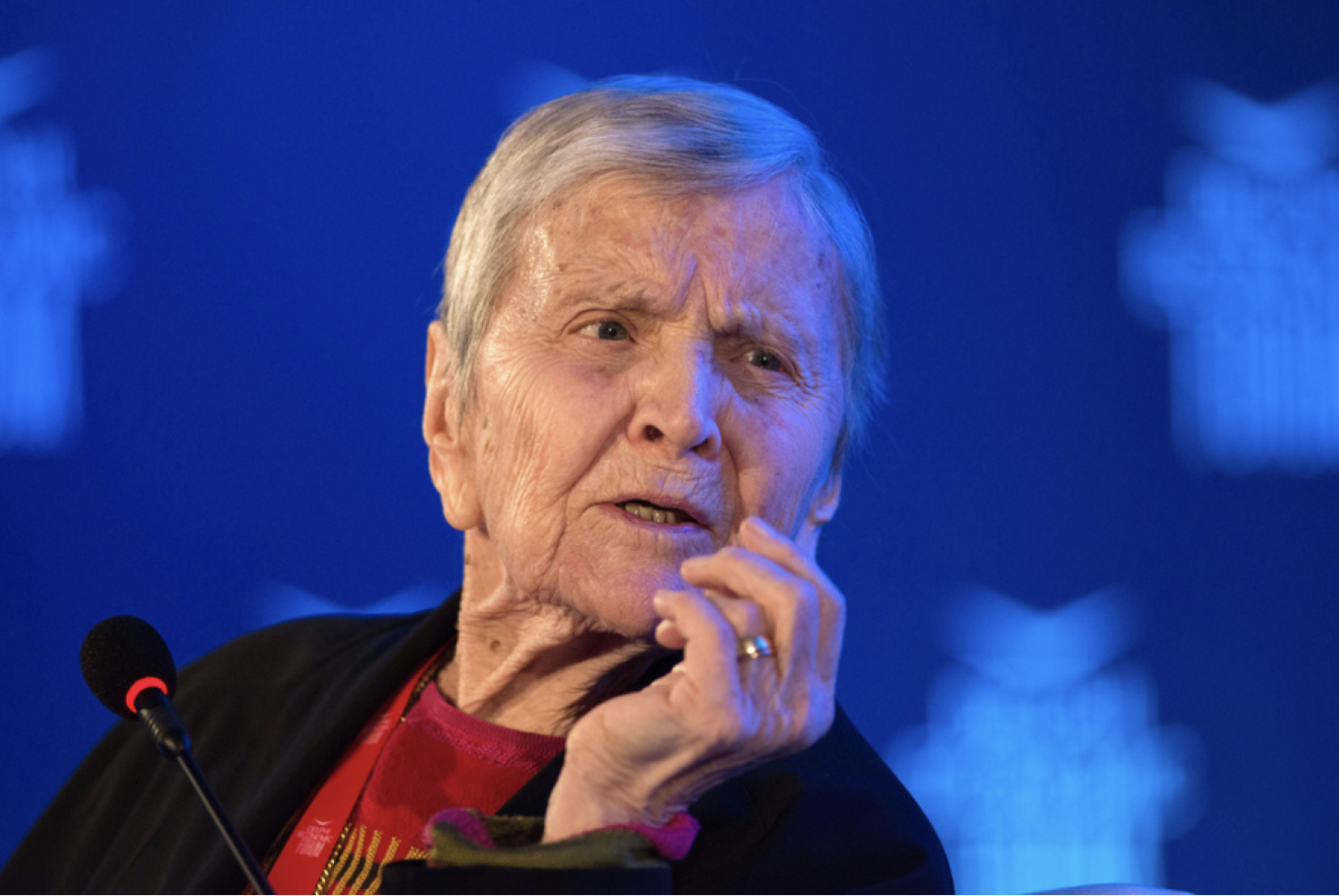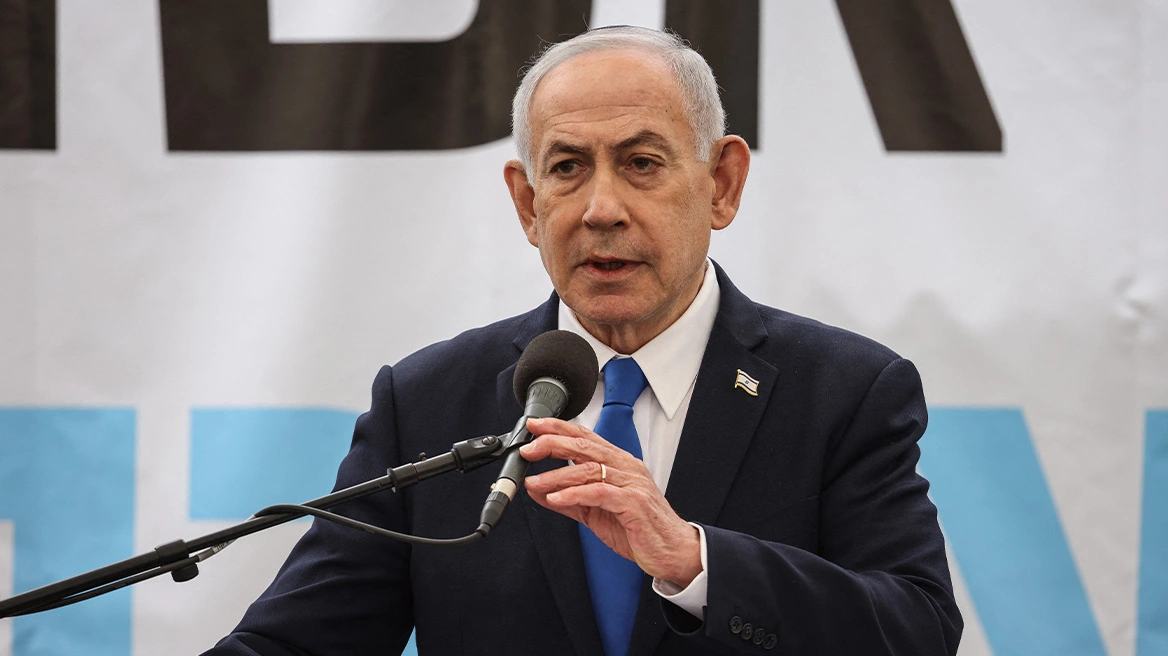The Washington Post is taking criticism for an op-ed published Tuesday by Marquette University political science professor Julia Azari, titled: “It’s time to give the elites a bigger say in choosing the president.”
Citing the “rocky start” to the Democratic Party’s presidential primary, Azari suggests that the process of choosing the nominee be taken from the people and returned to the politicians:
The current process is clearly flawed, but what would be better? … A better primary system would empower elites to bargain and make decisions, instructed by voters.
One lesson from the 2020 and 2016 election cycles is that a lot of candidates, many of whom are highly qualified and attract substantial followings, will inevitably enter the race. The system as it works now — with a long informal primary, lots of attention to early contests and sequential primary season that unfolds over several months — is great at testing candidates to see whether they have the skills to run for president. What it’s not great at is choosing among the many candidates who clear that bar, or bringing their different ideological factions together, or reconciling competing priorities. A process in which intermediate representatives — elected delegates who understand the priorities of their constituents — can bargain without being bound to specific candidates might actually produce nominees that better reflect what voters want.
Azari suggests that the parties should use what she calls “preference primaries,” which would “allow voters to rank their choices among candidates, as well as to register opinions about their issue priorities.”
After a perfunctory voting process, elites would be able to choose a nominee based on information about what the voters want.
She acknowledges that the idea is “labor-intensive and a little risky.”
The Post is owned by Jeff Bezos, the founder of Amazon, who is the world’s richest man. The paper’s slogan, adopted as an intended rebuke to President Donald Trump, is “Democracy dies in darkness.”
Read more: breitbart
Ask me anything
Explore related questions





